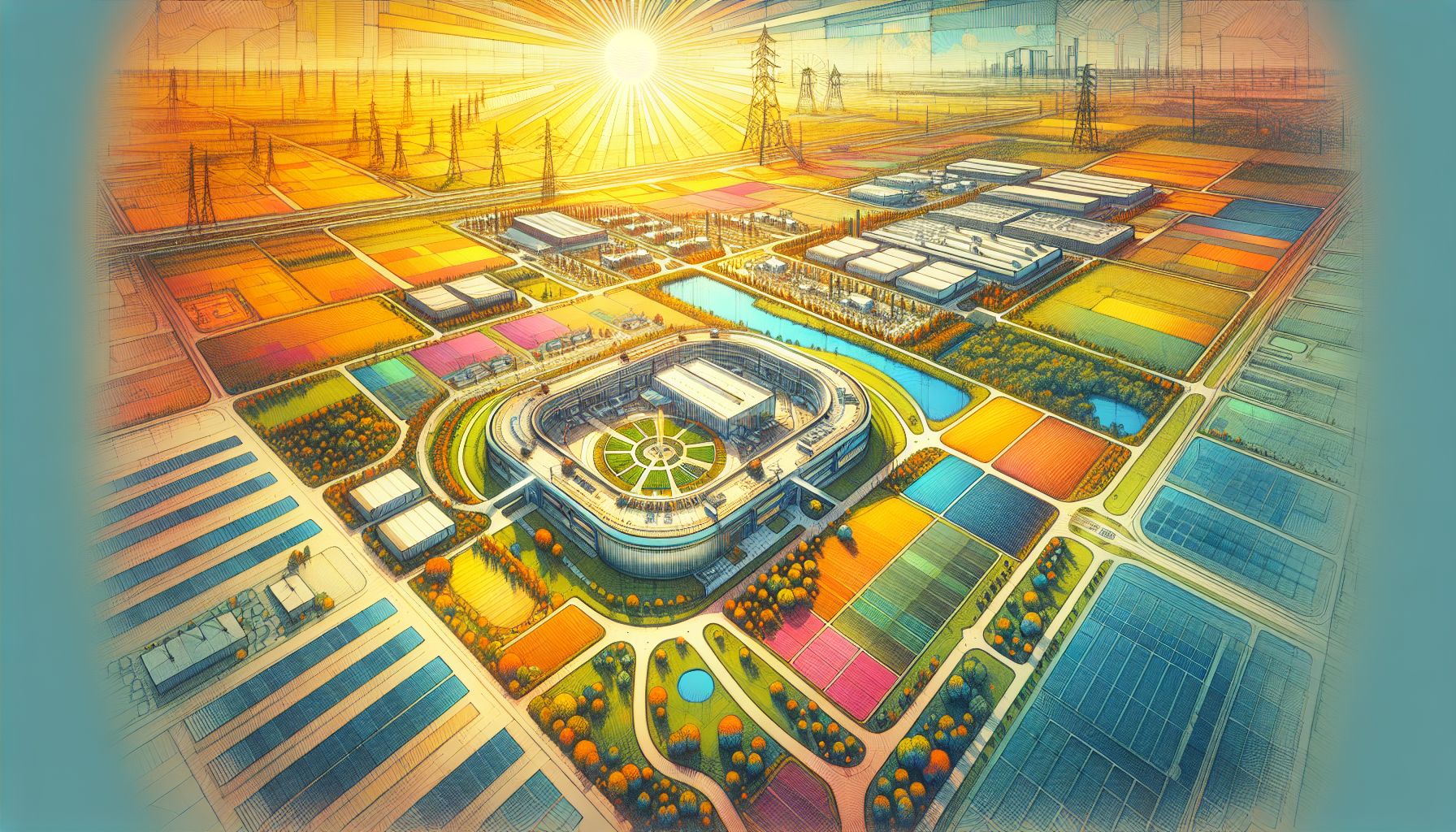Netherlands Launches First Self-Sustaining Energy Hub at Medel Business Park

The Medel Business Park in the Netherlands has launched the country’s first self-sustaining energy hub, reducing reliance on external energy sources with renewable technologies.
Collaboration and Innovation
The successful launch of the self-sustaining energy hub at Medel Business Park exemplifies the power of collaboration and innovation. This milestone was achieved through the combined efforts of several key stakeholders, including Industrieschap Medel, future park users, Joulz energy infrastructure specialist, and grid operator Liander. Sytse Zuidema, CEO of Joulz, highlighted how companies reassessed their energy requirements, ultimately lowering their initial power demands.
Addressing Grid Congestion
The energy hub’s self-sustaining nature is particularly significant given the ongoing issue of grid congestion in the Netherlands. As netcongestion becomes increasingly problematic due to rising energy demands from electric vehicles and the electrification of heating systems, solutions like the one at Medel Business Park are crucial. By generating, consuming, storing, and exchanging all electricity locally, the energy hub alleviates the strain on the existing power grid[1].
Technological Foundations
Drawing from Joulz’s experience with a similar solution at Schiphol Trade Park, the Medel Business Park energy hub integrates advanced renewable energy technologies such as solar panels and batteries, along with gas generators for backup power. This setup ensures a reliable electricity supply even in the absence of sunlight, thereby supporting continuous business operations[1].
Economic and Environmental Benefits
The self-sustaining energy hub not only provides a stable power supply but also promotes economic and environmental benefits. Dave Verbeek, the warden of economic affairs in Tiel, emphasized the hub’s role in making Medel Business Park an attractive location for businesses by guaranteeing a reliable electricity supply. Additionally, the hub serves as a catalyst for more energy-conscious and sustainable business practices, offering a template for future developments[1].
Broader Implications for Renewable Energy
The launch of this energy hub aligns with broader trends in renewable energy adoption and innovation. As demonstrated in various studies and projects, such as the techno-economic investigation into self-sustainable village energy models and the advancements in solar energy technologies, the shift towards localized renewable energy sources is gaining momentum. These initiatives not only address energy security and climate change but also offer substantial economic benefits, including cost savings and job creation[2][3].
Future Prospects and Challenges
While the Medel Business Park energy hub marks a significant achievement, the journey towards widespread adoption of similar solutions faces challenges. High initial installation costs and the need for efficient energy storage solutions remain hurdles. Nevertheless, the continuous advancements in renewable energy technologies and the growing emphasis on smart energy hubs provide a promising outlook for the future of sustainable energy[4][5].

